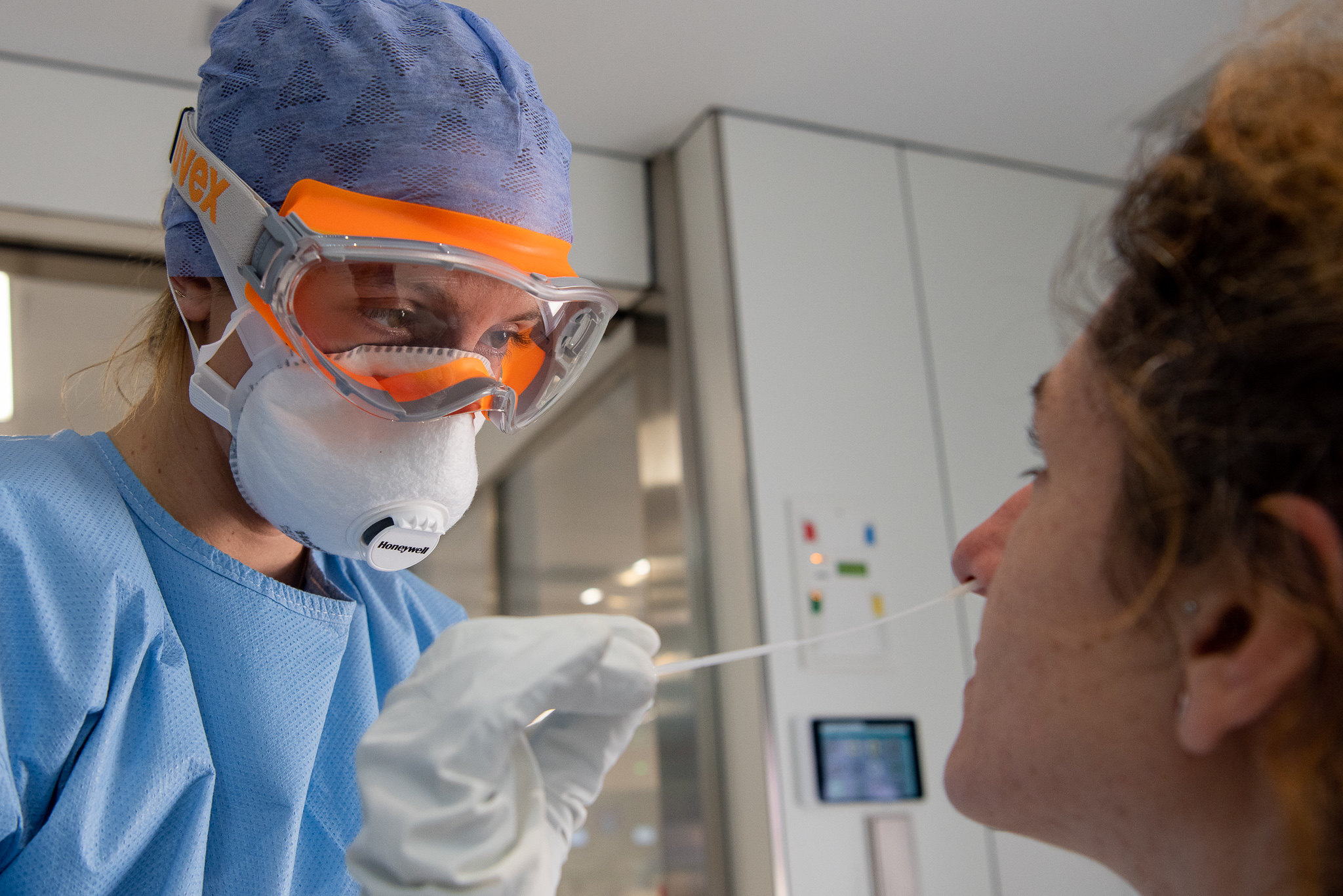
Friday May 1st signifies the start of Mental Health Month. Right now, mental health is one of the most significant top-of-mind challenges for healthcare professionals. Taking care of ourselves and our own mental health isn’t often the first thought for healthcare professionals. Yes, it is part of the job to deal with stressful situations. And yes, it is part of the job to support patients who are experiencing loss and grief and uncertainty. We are trained for that.
But actually, we aren’t trained to deal with how death makes us feel. Of course it is part of life, but when a patient dies it does affect us as healthcare workers – sometimes as much as it affects surviving family members. Early in my career I worked with a lot of families whose children had cancer. It affected me deeply. I realized that what we were seeing – every single day – are lifetime experiences that most people will never see, or should never see. And these are life-changing and traumatic experiences that healthcare professionals are seeing with a frequency that you just can’t be trained to sustain.
So how can we deal with this?
Healthcare workers aren’t in it for the appreciation or for the thanks. We do what we do because we want to have an impact on the care of our patients. That said, a lack of acknowledgment of our anxiety levels, particularly on a prolonged and sustained interval (as we are seeing with the COVID-19 induced conditions), can lead to a downward spiral in mental exhaustion and burnout, and sometimes mental health breakdown. I personally know healthcare professionals who leave the hospital at night and go home crying after their long hours – worrying whether they have the illness and if they are taking it home to their families. They are worrying about their patients. And they care about their patients’ families and caregivers. Seeing refrigerated trucks parked outside hospitals is a constant reminder of what we are dealing with. Because these scenes are played out repetitively on our tvs, they appear less shocking and we become desensitized. But this is not normal. This is not something we ever expected to witness, certainly not outside of a war zone.
Stress in healthcare has long been known but some managers/leaders are more aware of this than others. And this is where the role of leadership and management comes to the fore. Most hospitals are heavily hierarchical organizations. As a result, most employees don’t feel that they have the agency and permission to raise the point that they are not coping or are feeling overwhelmed. We need to remind ourselves that this is not a weakness. Not coping is not a weakness. Feeling overwhelmed during unusual times is not a weakness.
What do good managers do.
A good manager/leader will constantly be looking out for the mental well-being of their team; they will know their team and be able to sense changes in personalities or demeanor. They will talk with their team and create a safe space for everyone to contribute; asking if there is anything specific that is troubling them or if there are ideas or suggestions on ways to mitigate or overcome the anxiety. The sad truth is that for any number of reasons so many managers/leaders don’t do this. For some it is because they don’t know how to – maybe they have never seen this sort of behavior modeled and don’t know how to do it themselves. That’s unfortunate, but fixable. We can (and should) continue to invest in building managers and leaders. But there are some leaders and managers who don’t want to know how work could be done differently. They don’t want to ask about how work could be done differently or what isn’t working well, perhaps because they can’t imagine a better way, or they are fearful that any areas for improvement will reflect poorly on them.
It is critical that our healthcare managers show support for their teams – not only now, but especially now. It will demonstrate that we care for everyone as a person and not just another employee doing their job on a shift. We all need to play a role and find a way to take a lead on this very real issue.
With COVID-19 becoming a new norm for hospitals right now, the enormous stress that all employees are subject to every day – no matter what their roles are – is immeasurable. For most of us we will remember these awful images from TV news and newspapers and, gradually over time, the memories will recede. However for those of us who have experienced this first hand, it will impact how we work and our decisions forever. We have already seen examples of how absolutely devastating this is, and the flattening of the curve does not mean this is going to go away. This will persist for a very long time.

